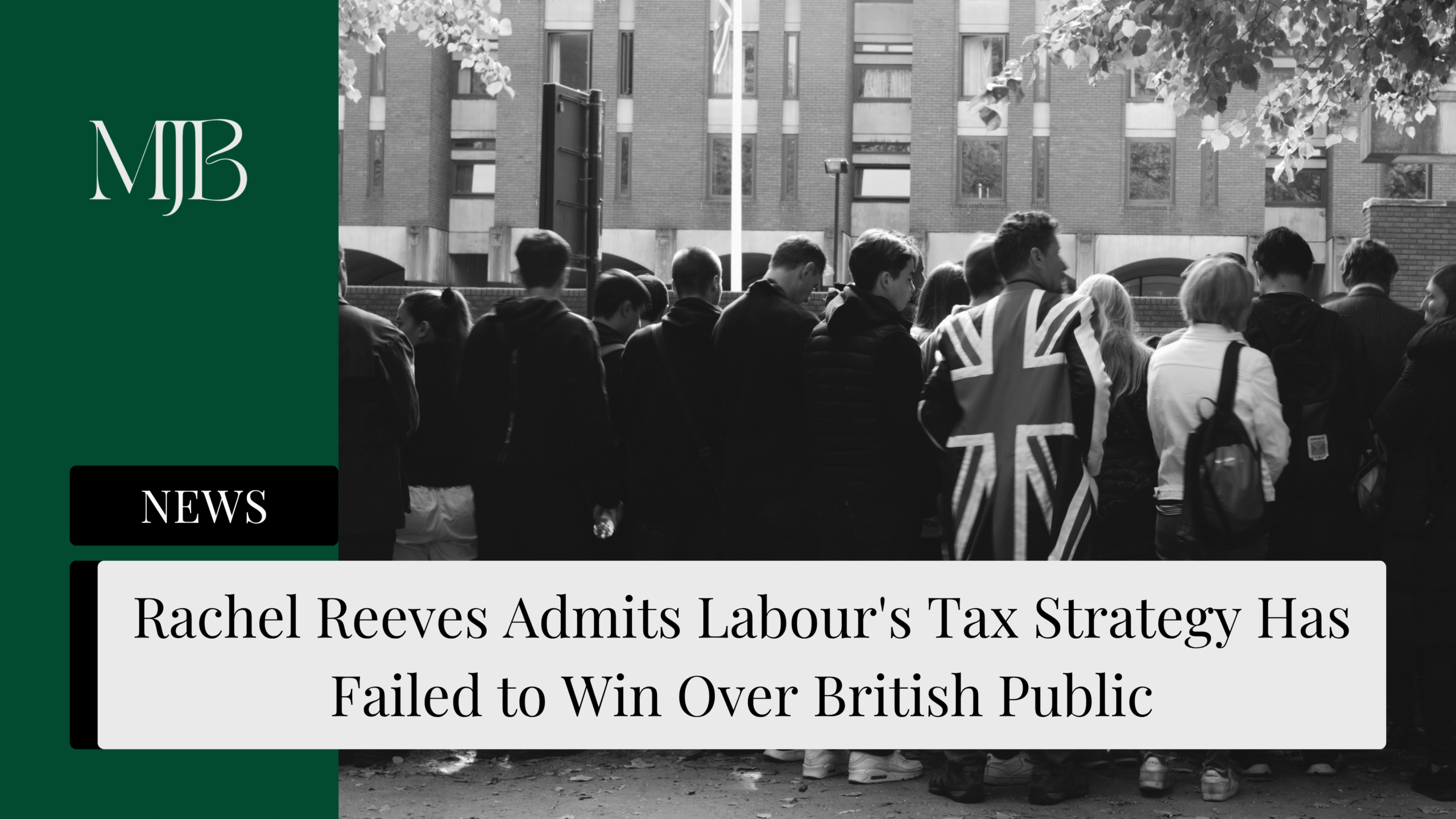Don’t mind me… just reminiscing about the days when Labour promised to be business-friendly during the 2024 election campaign. Well, that was a painful 5 second spine shudder.
Chancellor Rachel Reeves just admitted what we’ve all been thinking – her Labour government has disappointed British taxpayers after slapping them with a £40bn tax increase in the Autumn Budget.
Speaking at Edinburgh Fringe, Rachel Reeves essentially shrugged and said tough luck to UK taxpayers. Here’s why Labour’s tax strategy matters and what’s coming next for British households in 2025.
Labour’s £40bn Tax Rise: The Business-Friendly Promise That Wasn’t
Labour’s honeymoon period with UK businesses? Dead and buried. After campaigning as the business-friendly alternative to Conservative tax policies, they’ve gone full tax-and-spend faster than you can say “fiscal responsibility.”
Rachel Reeves, elegant as always on the Iain Dale Talk show: “Of course you’re going to disappoint people. No one wants to pay more taxes.” Translation: we knew British taxpayers would hate this, but we’re doing it anyway. Nice.
The Chancellor’s logic is simple – someone’s got to balance the books. But the glorious kicker: she thinks they’ve got the balance “about right.” That’s like saying your overpriced flat white is reasonably priced because, hey, at least it’s not champagne.
Chancellor Rachel Reeves’ Next Tax Raid: £30bn More Coming
Here’s where UK taxpayers should worry. City analysts reckon Rachel Reeves needs another £30bn this year. With only £9.9bn in fiscal headroom, that’s some creative accounting ahead.
The targets for British taxpayers? Your pension contributions and those sneaky “stealth taxes” – aka freezing income tax thresholds so inflation pushes you into higher tax brackets. Clever, but not exactly subtle.
JP Morgan thinks she’ll squeeze her headroom tighter than a tube carriage at rush hour. Bond markets won’t love that, but desperate times and all that.
Labour Government Response: The Conservative Inheritance Defence
When all else fails, blame the Conservative government. Rachel Reeves leaned hard into this classic Labour playbook: “They know that we inherited a mess. They know it’s not easy to put it right.”
Fair point, but UK voters are getting impatient. They wanted change from Conservative policies, not lectures about fiscal constraints. And frankly, “the sums have to add up” gets old when you’re the one writing the cheques.
The Bottom Line
Rachel Reeves has essentially admitted Labour’s UK tax strategy is in damage control mode. They’ve prioritised balancing books over keeping election promises, and now they’re asking British taxpayers for patience while planning more tax increases.
The question isn’t whether more UK taxes are coming – it’s how much and where they’ll hit British households. Start checking those pension statements now.
Want to stay ahead of Labour’s next tax moves? Keep an eye on the autumn budget – your wallet depends on it.
FAQ
Q1: How much did Labour raise in taxes last year?
A: £40bn through the Autumn Budget. That’s roughly £1,500 per household, though not everyone paid equally.
Q2: How much more could taxes rise this year?
A: City analysts predict up to £30bn in additional taxes. Pension contributions and stealth taxes through frozen thresholds are prime targets.
Q3: Why is Labour raising taxes after promising to be business-friendly?
A: They claim they inherited a fiscal mess from the Conservatives and need to balance the books. Classic “it’s worse than we thought” politics.
Q4: What’s a stealth tax?
A: It’s when the government freezes income tax thresholds, so inflation pushes you into higher tax brackets without officially raising rates. Sneaky but effective.
DISCLAIMER
Effective Date: 15th July 2025
The information provided on this website is for informational and educational purposes only and reflects the personal opinions of the author(s). It is not intended as financial, investment, tax, or legal advice.
We are not certified financial advisers. None of the content on this website constitutes a recommendation to buy, sell, or hold any financial product, asset, or service. You should not rely on any information provided here to make financial decisions.
We strongly recommend that you:
- Conduct your own research and due diligence
- Consult with a qualified financial adviser or professional before making any investment or financial decisions
While we strive to ensure that all information is accurate and up to date, we make no guarantees about the completeness, reliability, or suitability of any content on this site.
By using this website, you acknowledge and agree that we are not responsible for any financial loss, damage, or decisions made based on the content presented.






